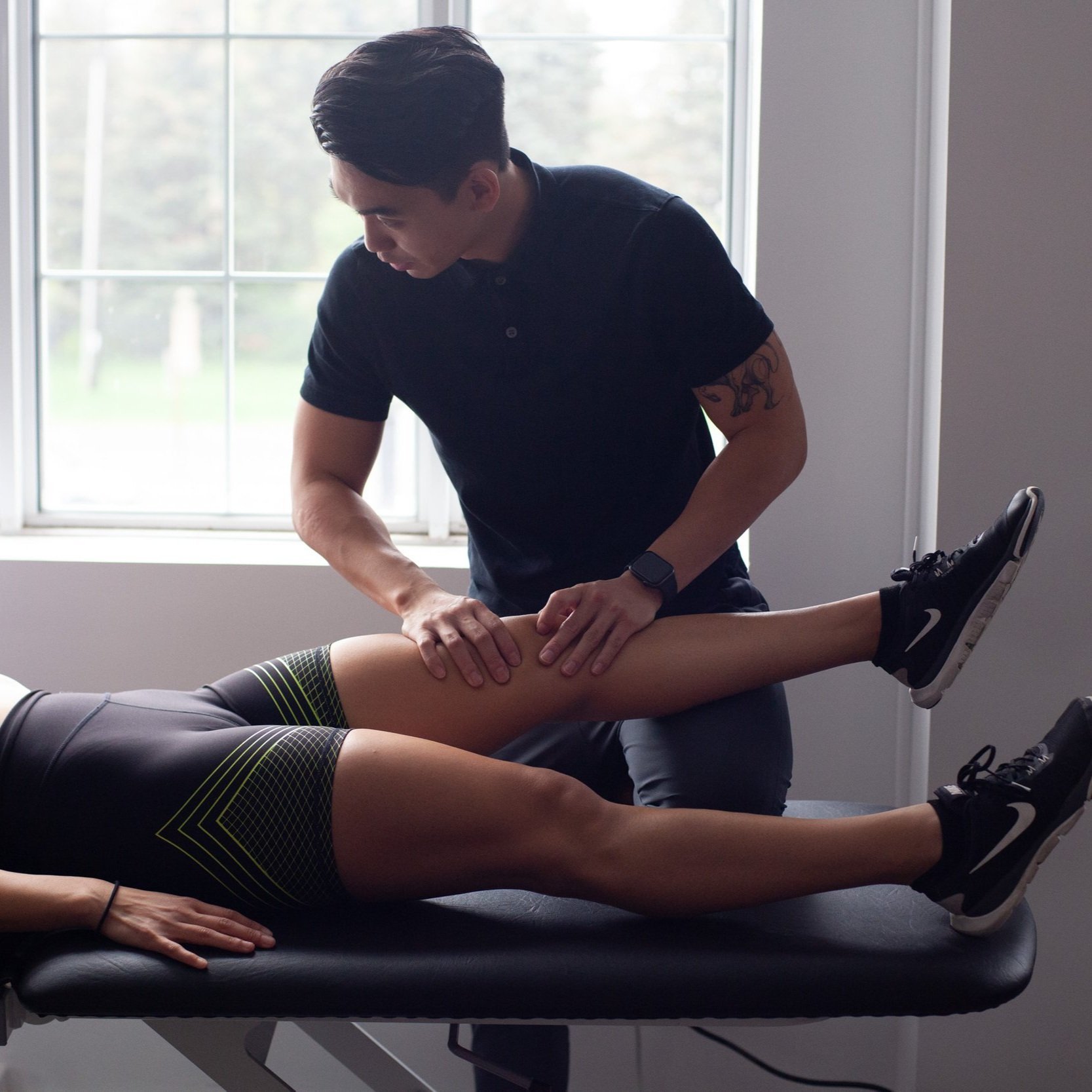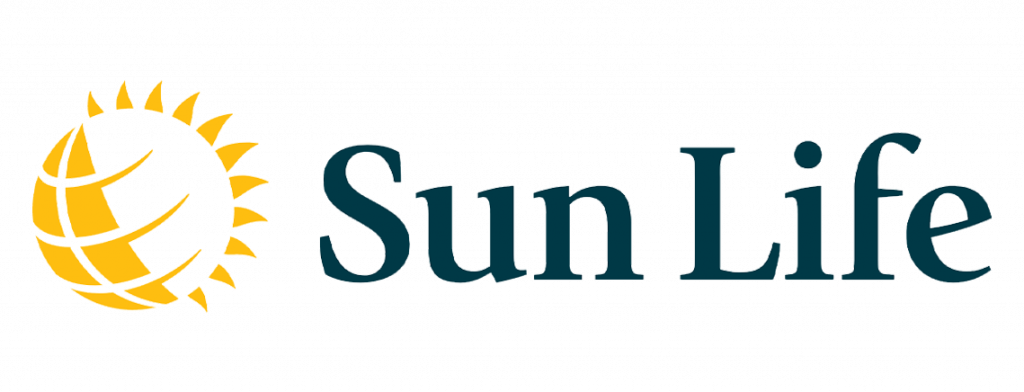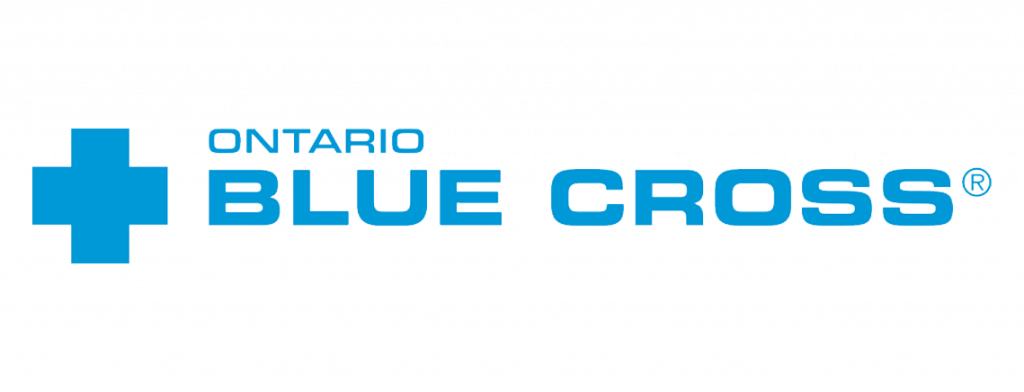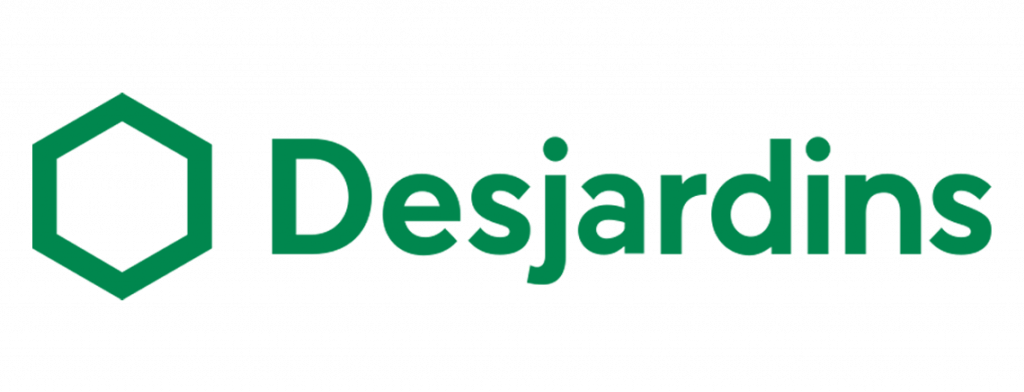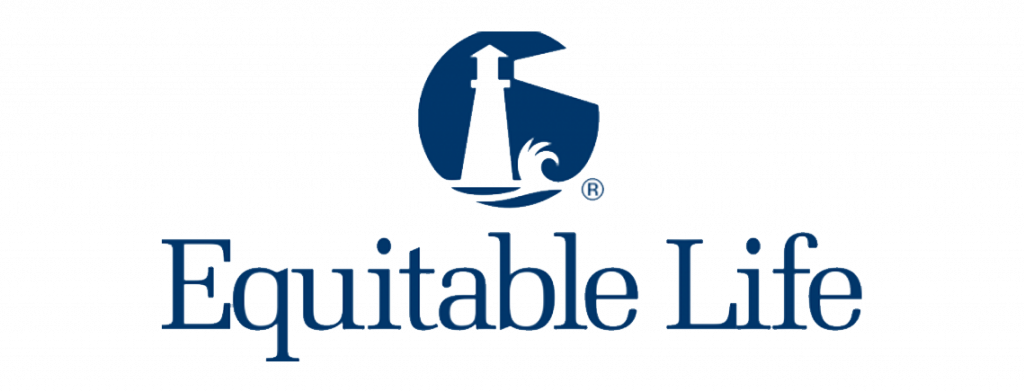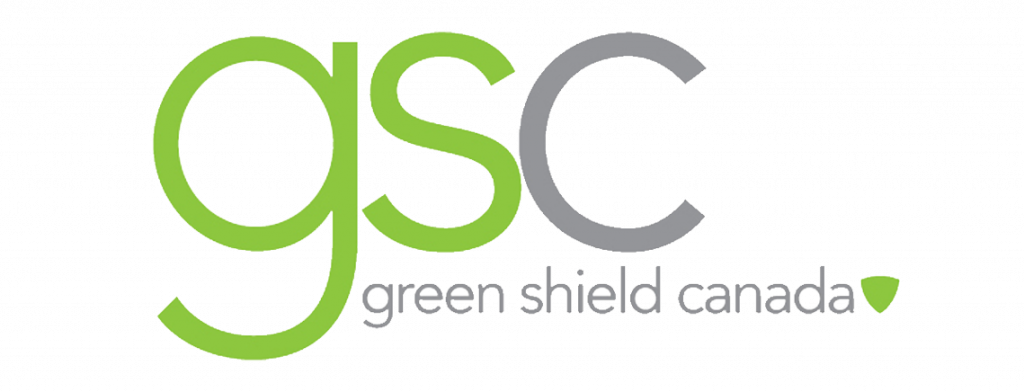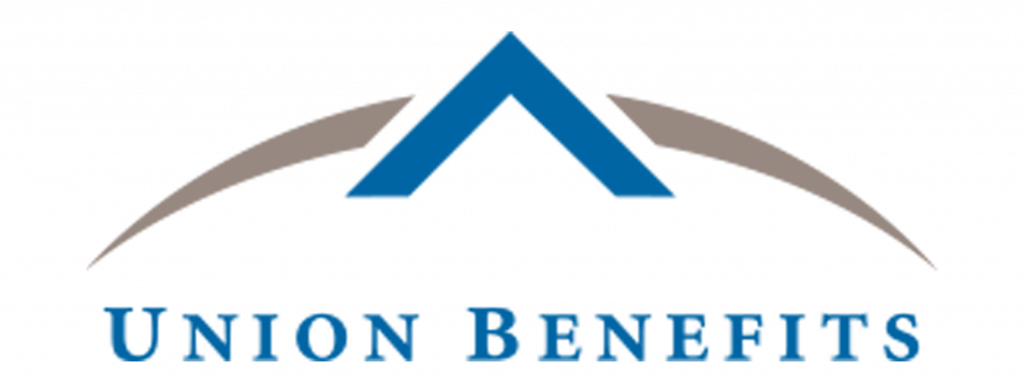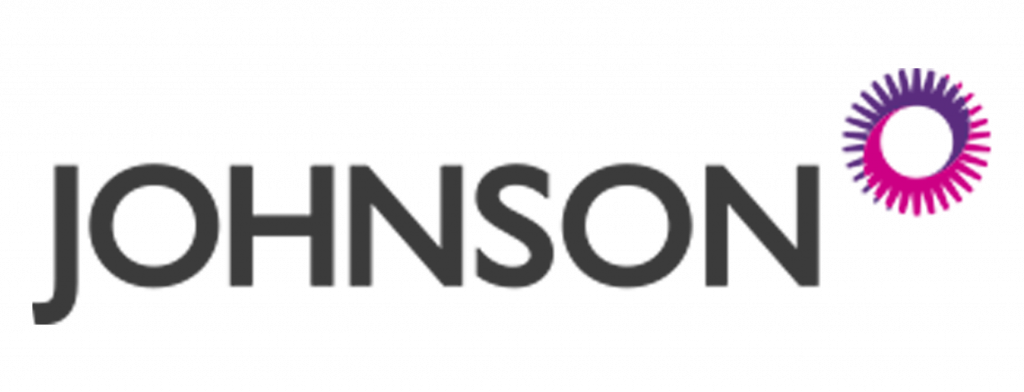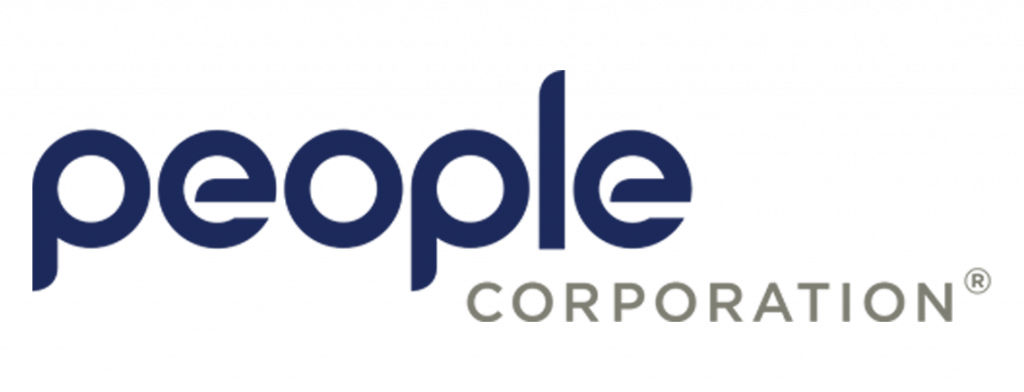Provided by physiotherapists, physiotherapy (also known as physical therapy) is a form of treatment that promotes, restores, and maintains health by using science that focuses on movement.
Around 460 BC, physicians such as Galen and Hippocrates advocated manual therapy techniques like massage and hydrotherapy to address physical challenges.
These practices have evolved into programs that include the treatment of pain, injury, and underlying physical issues.
This holistic approach is currently used around the world to help patients overcome pain and regain mobility!
Physiotherapists are dedicated to helping individuals regain their independence so they can live fulfilling lives.
What is Physio? The Basics
Physiotherapy uses the science of movement to help people maintain, maximize, and restore their strength, function, and motion.
Using the latest in evidence-based therapy and natural physical approaches to address underlying physical issues, physiotherapy helps to reduce pain and promote well-being.
Physiotherapy uses a variety of different treatment modalities to promote fast and optimal repair of the body while addressing various physical conditions to greatly improve quality of life!
Physiotherapy treatment can include massage, taping, stretching, joint mobilization, and functional training. The course of treatment chosen depends on the patient’s individual needs.
Treatment can also include goal-setting, lifestyle advice, and self-management strategies.
Popular Disciplines of Physiotherapy
Physiotherapists are trained to identify physical challenges and strategize a therapy plan that maximizes relief from injury and pain as well as promotes healing.
To accommodate an individual patient’s struggles and goals, there are multiple forms of physiotherapy. Each is designed to individualize care and achieve better function and movement.
These disciplines include:
Pediatric Physiotherapy
Because a child’s body is constantly developing and growing, there is a specialized discipline of physiotherapy that specifically addresses small bodies.
Pediatric physio aids in improved growth and development and can address complications related to balance, congenital disabilities, motor skills, sports injuries, and movement.
Female-Centric Physiotherapy
Female-centric physio is designed to focus on the reproductive system, including its function and various issues associated with it.
This area of physiotherapy can help ease the childbirth process and provide pre- and post-natal care.
It helps women find relief from pregnancy pain and learn how to develop core strength that can help control urinary function and ease the difficulties of childbirth.
Geriatric Physiotherapy
In older age, individuals experience slower metabolism, which can lead to underlying physical problems.
Geriatric physio can be used to maintain health as people get older by preventing and managing age-related challenges and maintaining good muscle health to decrease injuries.
This form of physiotherapy can also support older individuals in restoring mobility and strength, improving fitness, reducing chronic pain, and working with physical limitations.
Cardio-Respiratory Physiotherapy
Cardio-respiratory physio is used to help patients who suffer from diseases related to the chest, heart, and lungs, such as pulmonary disorders and heart disease.
Treatment includes breathing exercises and resistance training to strengthen the lungs and heart.
Musculoskeletal Physiotherapy
This form of physiotherapy focuses on the musculoskeletal system, including muscles, bones, tendons, joints, and ligaments.
Musculoskeletal physio can help increase mobility, decrease pain, heal injuries, and align the system for better overall function.
Neurological Physiotherapy
This physiotherapy discipline addresses neurological conditions such as head injuries, Parkinson’s disease, and head injuries.
Neurological physio can help restore neural pathways, increase sensation, improve motor control, and help patients rehabilitate post-brain surgery.
Sports Physiotherapy
Sports physio is a treatment modal designed to help athletes and sports professionals by employing specialists who are trained in sports-related injuries.
It can help manage and prevent injuries and promote healing.
Vestibular Rehabilitation
Vestibular rehabilitation is designed to help individuals restore balance by optimizing inner ear function, which plays a significant role in balance and dizziness.
Overall physical function can be improved by realigning body balance. This can also lead to a sturdier build and increased strength.
Rehabilitation and Pain Management
Physiotherapy can help eliminate pain through customized treatments. This includes pain following surgery or injury.
It can also be beneficial in strengthening the body prior to surgery to reduce damage and promote a quicker recovery period.
After surgery, physiotherapy can be used to help the patient regain mobility.
What Do Physiotherapists Do?
Trained physiotherapists use the science of movement to diagnose the root cause of pain caused by disease, illness, injury, or aging.
They use an integrative health approach to improve a patient’s mobility and quality of life by diagnosing the issues, assessing the patient’s condition, and implementing an individualized treatment plan.
Physiotherapists are highly trained, requiring years of schooling and practice before they can perform physiotherapy.
When is Physiotherapy Recommended?
Physiotherapy is usually recommended by your doctor or general practitioner if you are suffering from an injury or pain – especially if there are underlying factors.
For example, if you are experiencing constant back pain, this can be caused by a variety of things, such as overdoing it during your workout or having poor posture.
Physiotherapy uses a “whole-body” approach to reduce pain, increase mobility, and ensure that the injury does not occur again.
Common conditions that require physiotherapy treatment include:
- Work-related injuries
- Sports injuries
- Join and muscle sprains
- Post-operative rehabilitation
- Headaches
- Vertigo
- Lower back and neck pain
- Tendinosis
- Plantar fasciitis
Physiotherapy FAQ
How long are physiotherapy sessions?
Physiotherapy sessions can run between 30-60 minutes. Longer appointments include an assessment.
What do I need to bring to my appointment?
For your first appointment, bring along your insurance coverage information. Otherwise, all you need is comfortable athletic attire, such as a t-shirt or tank top, shorts, and running shoes.
Is physiotherapy covered by insurance?
Most extended health benefits plans cover physiotherapy treatment. However, it’s important to verify with your provider if you are covered and whether or not you require a doctor’s referral.
Physiotherapy For a Better Life!
There’s no reason to live a restricted life due to pain or mobility issues!
Speak to your medical practitioner or contact our team of physiotherapists at Atlas to strategize a treatment plan unique to your individual needs.
We can help you heal your body and get back to living your life!


